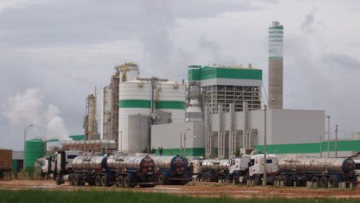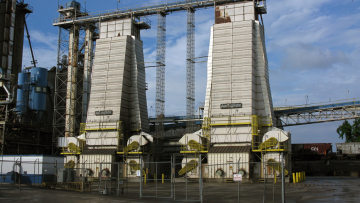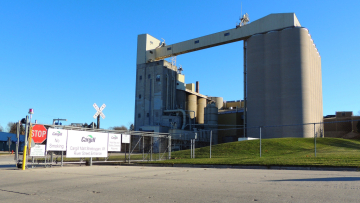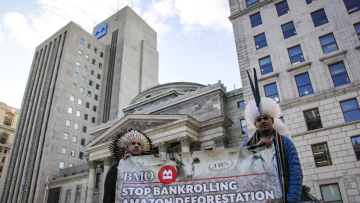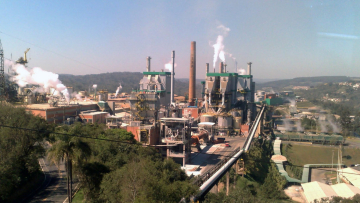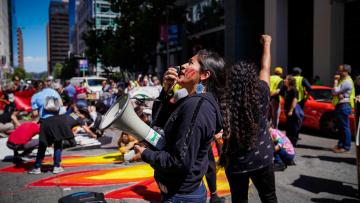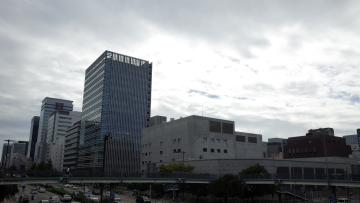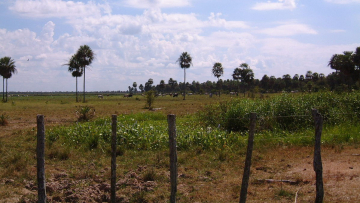How Dutch banks finance agrilobby in Brazil
Julia Bakker
World Animal Protection
JuliaBakker@worldanimalprotection.nl
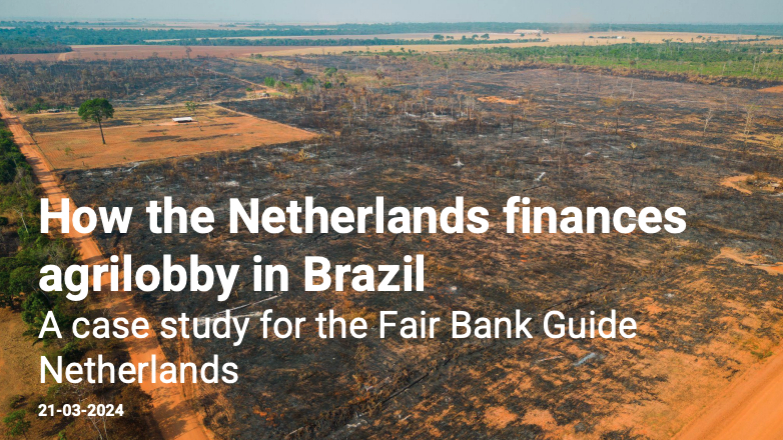
Julia Bakker
World Animal Protection
JuliaBakker@worldanimalprotection.nl
New research by the Fair Bank Guide, in collaboration with the Brazilian research collective Olho de Ruralistas, exposes for the first time the lobbying practices in Brazil by the business customers of Dutch banks. Between 2019 and 2023 ABN AMRO, ING and Rabobank financed almost $2 billion to 18 key players within the agrilobby in Brazil. Rabobank is by far the largest with 86% of all transactions and thus facilitates deforestation, environmental pollution and human rights violations in Brazil.
Summary
In the first year after taking over from Bolsonaro, president Luiz Inácio Lula da Silva has suffered significant setbacks when it came to votes in the Brazilian Congress to strengthen legislation related to the environment and social protection. These defeats were engineered by the powerful agribusiness lobby, organized in the Institute Pensar Agro (IPA) and the Agribusiness Parliamentary Front (FPA). The strength of this lobby became visible for example in October 2023 when Lula tried to veto provisions in a new bill which would hamper indigenous people from exerting the rights to their lands. Despite his efforts, he was overruled by a majority mustered by the FPA in the Brazilian Congress.
This study analyses the financial links between Dutch financial institutions and 18 key players in IPA and the agribusiness lobby in general: ADM, Bunge, Cargill, Louis Dreyfus, COFCO and Amaggi (soy and palm oil trade); Coamo, Olam, Mitsubishi, Tentos do Sul and Jotabasso (soy production); Marfrig, Minerva and JBS (beef), Suzano, Klabin, Marubeni and Stora Enso (pulp & paper). Together, these companies play a central role in the business associations that constitute the IPA. As the case studies in this research demonstrate, these companies on their own and through the agribusiness lobby complex of the IPA and FPA manage to weaken or block a wide range of social and environmental legislative initiatives.
In the period 2019 - 2023, the three major Dutch banks Rabobank, ABN Amro and ING Group have provided US$ 1.89 billion in financing to these 18 key agribusiness players. Rabobank is responsible for 86% of all transactions made by Dutch financial institutions in Brazil in this period, making it stand out as the bank with the most significant presence on the ground in Brazil.
An analysis of the environmental and social policies of Dutch financial institutions, with a focus on Rabobank as the most important Dutch financial institute, demonstrates that the lobby activities of the companies with which the Rabobank is involved are in violation with their own sustainability standards. For example, lobbying by agrocommodity traders for the quick realisation of the Ferrogrão railroad connecting the grain producing region of the Midwest to the port of Miritituba, encouraged the Brazilian government to disrespect Free, Prior, and Informed Consent (FPIC) procedures for land acquisition. For projects in which Rabobank is involved as a financier, its Global Standard on Sustainable Development states that, in the case of large-scale operations or project finance, the FPIC of the affected communities “ need to be obtained before the project can proceed”. This is one of the examples highlighted in this report that show how agrilobby in Brazil is violating the standards set by Rabobank.
Main findings
- The Netherlands was the 8th largest investor country for forest-risk clients in Brazil between January 2019 (beginning of Jair Bolsonaro administration) and September 2023 (most recent data and the first year of Luiz Inácio Lula da Silva’s new government).
- Dutch institutions Rabobank, ABN Amro and ING Group have transferred US$ 1.89 billion in corporate loans, shareholding transactions and bond issuances to 18 companies that are currently engaged in agrilobby activities: ADM, Bunge, Cargill, Louis Dreyfus, COFCO and Amaggi (soy and palm oil trade); Coamo, Olam, Mitsubishi, Tentos do Sul and Jotabasso (soy production); Marfrig, Minerva and JBS (beef), Suzano, Klabin, Marubeni and Stora Enso (pulp & paper). Rabobank is responsible for 85.79% of all transactions made by Dutch financial institutions in Brazil in this period.
- These companies are organized under the IPA, a think tank funded by 55 business
associations. The institute is an appendix of the Agribusiness Parliamentary Front (FPA), the biggest group in the Brazilian Congress, concentrating two thirds of the seats in the Chamber of Deputies and the Senate. - The IPA writes and the FPA proposes bills and legislative agendas that include severe setbacks for environmental and social rights. Recent examples are the Temporal Framework that undermines the demarcation of indigenous lands throughout the country (September 2023) and the Pesticide Law (November 2023), which relaxed previous regulations, leading to an increase in the use of highly hazardous pesticides in the country that already ranks as one of the world's leaders in pesticide use.
- Congressmen, lobbyists and agricompanies’ CEOs operate in a coordinated manner to push for the approval of legislative, executive and judicial agendas.
Recommendations for financial institutions
- Report on your participation in the decision-making processes of (inter)national norms and legislation (lobby practices).
- Have a policy related to financing political parties and lobby groups, including for your corporate clients.
- Commit to a zero tolerance-policy related to dodgy lobby activities leading to deforestation, human rights and animal welfare violations in all financial relationships.
- Develop a vision on an alternative development path for a sustainable circular farming system where agribusiness has less power.
- Request from companies you finance or invest in that they report on their participation in the decision-making processes of (inter)national norms and legislation (lobby practices). Monitor and assess the lobbying practices of your business clients and take action when these go against your ESG policies.
- Exclude clear offenders: when the screening process makes it clear that a company is systematically involved in issues that violate your ESG policies such as deforestation, human rights and animal welfare violations and the prospects for improvement are poor, this company should be excluded from investments and financing.
- Specifically for your portfolio in Brazil: monitor (political) activities from companies in your portfolio, identify conflict of interests and divest from companies that have a track record of active participation in the IPA/FPA complex that resulted in negative ESG outcomes.

